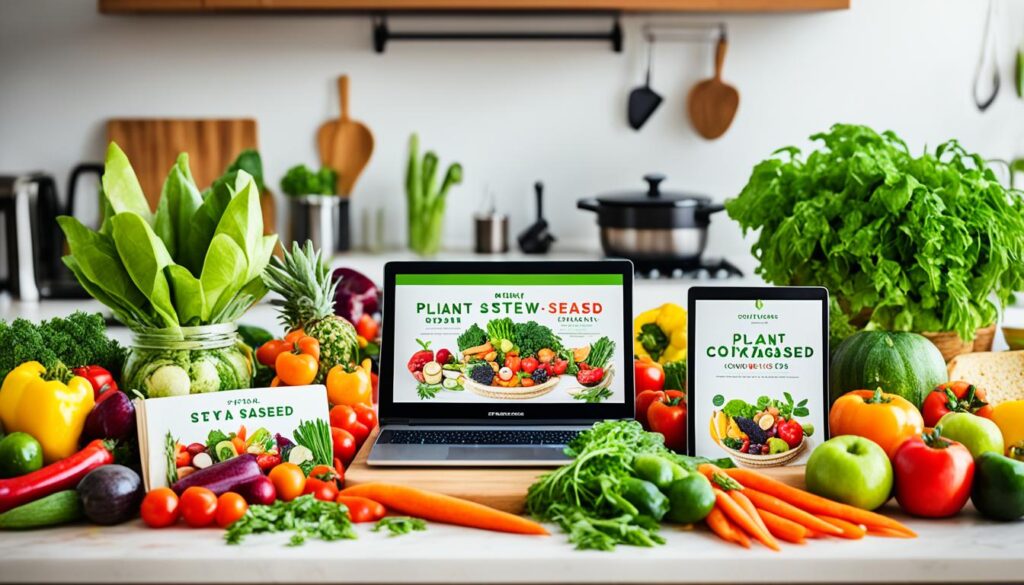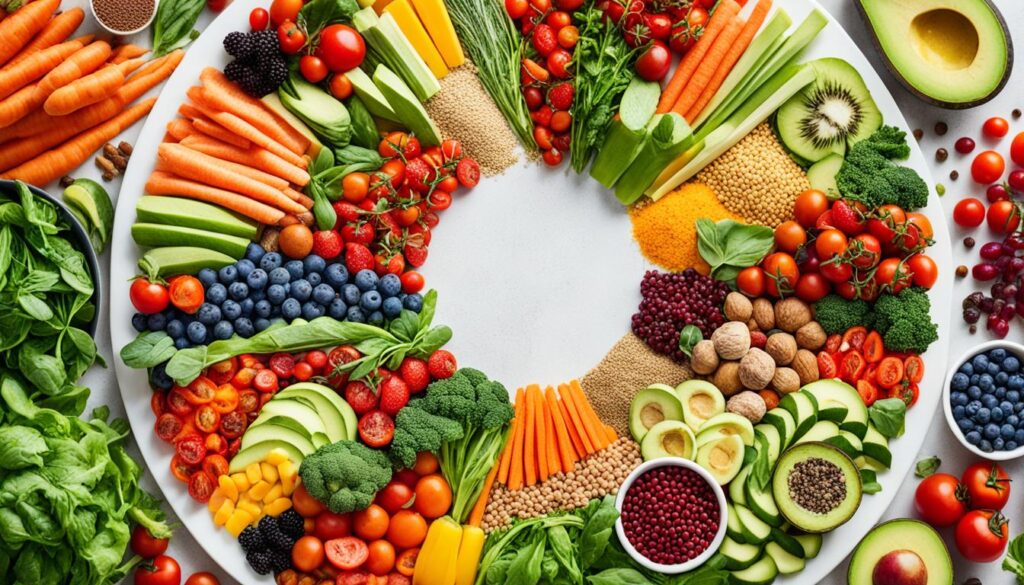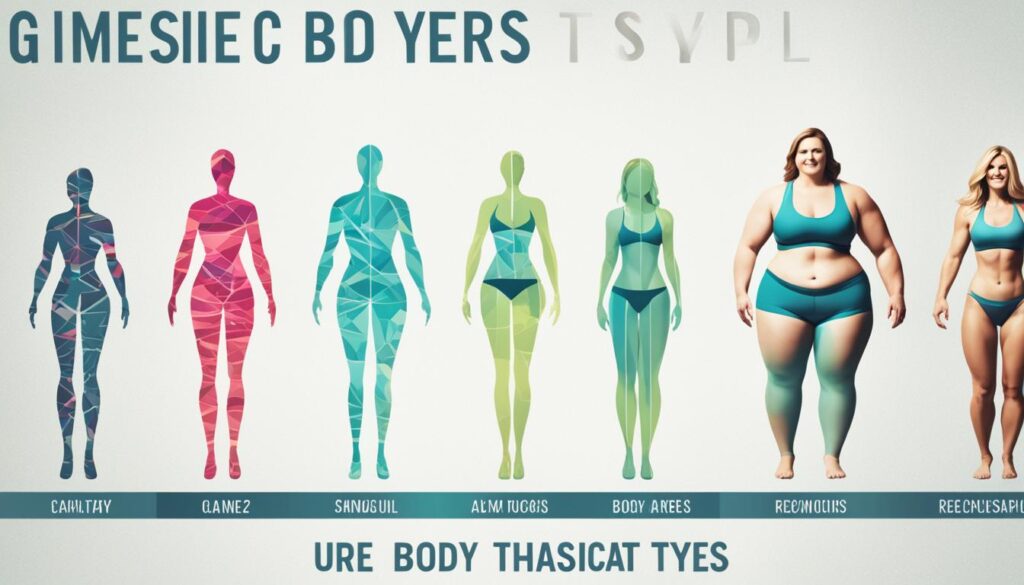Are you interested in incorporating more plant-based meals into your diet but don’t know where to start? Look no further! This beginner’s guide to plant-based cooking will provide you with the knowledge and resources you need to embark on a delicious and nutritious journey.
A plant-based diet is a way of eating that emphasizes whole, unrefined, or minimally processed plant foods while excluding animal products. Not only is it a great way to improve your health, but it can also help prevent chronic diseases like heart disease and Type 2 diabetes.
But what exactly does plant-based cooking entail? It involves utilizing a variety of cooking techniques to transform fruits, vegetables, legumes, whole grains, and nuts into flavorful and satisfying meals. You don’t have to be a professional chef to master plant-based cooking – it’s beginner-friendly and accessible to everyone!
Throughout this guide, we will explore the basics of a plant-based diet, delve into the benefits of plant-based cooking, provide tips for getting started, discuss essential ingredients and tools, and much more. By the end, you’ll be equipped with the knowledge and confidence to create beginner-friendly plant-based meals that will delight your taste buds and nourish your body.
Key Takeaways:
- Plant-based cooking involves using whole, unrefined, or minimally processed plant foods and excludes animal products.
- The diet consists of fruits, vegetables, legumes, whole grains, and nuts.
- Plant-based cooking is beginner-friendly and accessible to everyone.
- A plant-based diet can improve health and help prevent chronic diseases.
- By following this guide, you’ll have the knowledge and resources to create delicious and nutritious plant-based meals.
The Basics of a Plant-Based Diet
A plant-based diet is centered around consuming natural, unprocessed plant foods while excluding animal products. By incorporating a variety of fruits, vegetables, legumes, whole grains, and nuts into your meals, you can enjoy the many benefits of a plant-based diet.
It’s important to understand the distinction between a plant-based diet and a vegan diet. While both diets eliminate animal products, a vegan diet may include processed imitation meats and cheeses. In contrast, a plant-based diet focuses on whole, unrefined foods.
Transitioning to a plant-based diet can be an exciting and fulfilling journey. To help you navigate this transition and create delicious plant-based meals, here are some vegan cooking tips:
“Experiment with different cooking methods: Explore baking, sautéing, stir-frying, steaming, and grilling to discover new flavors and textures in plant-based cooking.”
“Get creative with spices and herbs: Enhance the flavors of your dishes by experimenting with various seasonings. From aromatic herbs to bold spices, the options are endless!”
“Try new ingredients: Embrace the versatility of plant-based cooking by incorporating a wide range of fruits, vegetables, legumes, whole grains, and nuts into your recipes.”
By following these vegan cooking tips, you can expand your culinary horizons and create delicious plant-based meals that nourish your body and delight your taste buds.
| Benefits of a Plant-Based Diet | Plant-Based Foods to Include | Plant-Based Foods to Avoid |
|---|---|---|
| Promotes heart health | Fruits and vegetables | Processed meats |
| Aids in weight management | Whole grains | Dairy products |
| Provides essential nutrients | Legumes and beans | Refined sugars |
| Supports digestive health | Nuts and seeds | Artificial additives |
The Benefits of a Plant-Based Diet
A plant-based diet offers a multitude of benefits for overall health and well-being. By adopting this approach to eating, individuals can enhance their culinary skills and explore new flavors while also promoting a healthy lifestyle. Let’s take a closer look at the advantages of embracing plant-based cooking techniques and utilizing plant-based cooking resources.
Improved Health and Weight Management
A plant-based diet emphasizes nutrient-rich whole foods, such as fruits, vegetables, legumes, whole grains, nuts, and seeds. These foods are often lower in calories and higher in fiber compared to animal products. By incorporating these ingredients into their meals, beginners can easily achieve a balanced and nutritious diet while managing their weight effectively.
Research has shown that plant-based diets can help prevent chronic diseases like heart disease and Type 2 diabetes. The abundance of vitamins, minerals, and antioxidants in plant-based foods contributes to overall well-being and reduces the risk of developing these conditions.
Environmental Sustainability
Choosing plant-based eating promotes sustainability and reduces the environmental impact of food production. Plant-based diets require fewer natural resources, such as land, water, and energy, compared to the production of animal-based foods. By adopting plant-based cooking techniques, beginners can contribute to a more sustainable future and protect the health of the planet.
Plant-Based Cooking Resources
Embarking on a plant-based cooking journey can be overwhelming for beginners. However, there are numerous resources available to support and guide them along the way. Plant-based cookbooks, online recipe sources, and cooking classes offer valuable inspiration and instruction to help beginners create delicious and healthy plant-based meals.

Plant-Based Cooking Techniques
Learning plant-based cooking techniques is essential to embrace the full potential of a plant-based diet. From sautéing vegetables to making homemade plant-based dairy alternatives, mastering these techniques allows beginners to create flavorful and satisfying dishes. Experimenting with different cooking methods, such as roasting, steaming, and blending, enables beginners to enhance the flavors and textures of their plant-based meals.
By incorporating plant-based cooking techniques and utilizing plant-based cooking resources, beginners can fully experience the benefits of a plant-based diet. Let’s explore simple yet delicious recipes and unleash the creativity in the kitchen.
Getting Started with Plant-Based Cooking
Are you ready to embark on your plant-based cooking journey? The key to getting started is to focus on easy plant-based recipes that are simple and delicious. These beginner-friendly vegan recipes will introduce you to the world of plant-based cooking and help you create flavorful meals without feeling overwhelmed.
Transitioning to a plant-based diet doesn’t have to be complicated. By starting with simple plant-based dishes, you can gradually incorporate more plant-based meals into your diet while building confidence in the kitchen.
One of the best ways to begin your plant-based cooking adventure is by exploring a variety of easy plant-based recipes. These recipes use familiar ingredients and simple cooking techniques, making them accessible to beginners. Whether you’re craving a hearty pasta dish or a light salad, there are countless plant-based recipes that will satisfy your taste buds.
Experimenting with different flavors and ingredients is a fun part of plant-based cooking. Don’t be afraid to get creative and personalize your recipes to suit your unique preferences. Remember, the goal is to enjoy the process and discover new favorite dishes along the way.
Sample Beginner-Friendly Vegan Recipes:
- Quinoa Salad with Roasted Vegetables
- Chickpea Curry with Coconut Rice
- Black Bean and Sweet Potato Tacos
- Mushroom and Spinach Stir-Fry
Start by mastering a few easy plant-based recipes and gradually expand your repertoire. As you become more comfortable with plant-based cooking, you can experiment with advanced techniques and flavors. The key is to take it one step at a time and enjoy the process of discovering delicious plant-based meals.
“Plant-based cooking is all about making the most out of simple, wholesome ingredients. With a little creativity, anyone can create flavorful and satisfying dishes that are both nourishing and delicious.” – Emily Davis, Plant-Based Chef
| Benefits of Easy Plant-Based Recipes | How to Incorporate Simple Plant-Based Dishes |
|---|---|
|
|
By incorporating easy plant-based recipes into your cooking routine, you can enjoy the health benefits of a plant-based diet while savoring delicious meals. With time and practice, you’ll develop your own repertoire of go-to plant-based dishes that will satisfy your taste buds and nourish your body.
So go ahead, dive into the world of plant-based cooking and discover a whole new world of flavors and possibilities!
Essential Ingredients for Plant-Based Cooking
Plant-based cooking for beginners is all about understanding and utilizing essential ingredients. These ingredients form the foundation of flavorful and nutritious plant-based dishes. By incorporating a variety of fruits, vegetables, legumes, whole grains, nuts, and seeds into your meals, you can create simple and satisfying plant-based dishes that are perfect for beginners.
Fruits and vegetables are essential sources of vitamins, minerals, and fiber. They provide a fresh and vibrant element to your plant-based meals. Try incorporating a colorful array of fruits and vegetables, such as leafy greens like kale and spinach, sweet and tangy berries, and hearty root vegetables like carrots and sweet potatoes.
Legumes, including beans, lentils, and chickpeas, are excellent sources of protein, fiber, and essential nutrients. They add a satisfying texture and flavor to your dishes. Experiment with lentil soups, chickpea curries, or black bean tacos to introduce these versatile ingredients into your plant-based cooking.
Whole grains like quinoa, brown rice, and oats provide a hearty and filling base for your plant-based meals. They are rich in fiber, vitamins, and minerals, and can be used in a variety of dishes, from Buddha bowls to stir-fries.
“The variety of fruits, vegetables, legumes, and whole grains available ensures that plant-based cooking is never boring. There are endless possibilities when it comes to creating simple and delicious plant-based dishes.” – Chef Sarah Thompson
Nuts and seeds are essential for adding texture and flavor to your plant-based cooking. They also provide healthy fats and protein. Sprinkle some crushed walnuts or chia seeds over your salads and stir-fries, or use almond meal as a substitute in your baked goods.
| Essential Ingredients for Plant-Based Cooking |
|---|
| Fruits |
| Vegetables |
| Legumes |
| Whole Grains |
| Nuts |
| Seeds |
By incorporating these essential ingredients into your plant-based cooking, you can create a wide variety of delicious and nutritious dishes that cater to beginners. The key is to experiment, be creative, and have fun exploring the world of plant-based cooking.

Tips for Choosing Fresh Produce
When selecting fruits and vegetables, opt for organic and locally sourced produce whenever possible. This ensures that you are getting the freshest and most flavorful ingredients while also supporting local farmers. Look for vibrant colors, firm textures, and avoid produce that is bruised or blemished.
Plant-Based Pantry Staples
In addition to fresh ingredients, it’s also important to have a well-stocked pantry with plant-based staples. Some pantry essentials include:
- Canned beans and lentils
- Whole grain pasta
- Dried herbs and spices
- Nutritional yeast
- Plant-based milk
- Healthy cooking oils like olive oil and coconut oil
Having these staple ingredients on hand will make it easier to whip up plant-based meals whenever you want.
Now that you have a better understanding of the essential ingredients for plant-based cooking, it’s time to get into the kitchen and start creating delicious and nourishing plant-based dishes!
Tools and Equipment for Plant-Based Cooking
Plant-based cooking can be made easier and more enjoyable with the right tools and equipment. As a beginner, it’s essential to invest in a few kitchen essentials that will enhance your cooking experience and help you create delicious beginner-friendly plant-based meals.
Essential Kitchen Tools
Here are some must-have kitchen tools for plant-based cooking:
| Tool | Description |
|---|---|
| Good-Quality Knife | A sharp and versatile knife is crucial for cutting fruits, vegetables, and other ingredients with precision. |
| Cutting Board | A sturdy and easy-to-clean cutting board provides a reliable surface for chopping and dicing. |
| Blender | A high-speed blender is excellent for creating smoothies, sauces, and creamy plant-based soups. |
| Cookware | Invest in non-stick pans and pots of various sizes, ensuring they are suitable for plant-based cooking. |
These tools will make food preparation more efficient and enjoyable, helping you master plant-based cooking techniques and create delicious meals with ease.
Plant-Based Cooking Resources
Exploring plant-based cooking resources can greatly enrich your culinary journey. Here are some recommendations:
- Plant-based cookbooks: Look for beginner-friendly cookbooks that offer a wide variety of easy-to-follow plant-based recipes.
- Online recipe sources: Websites and blogs dedicated to plant-based cooking provide a wealth of inspiration and guidance.
- Cooking classes: Consider enrolling in plant-based cooking classes or workshops to further develop your skills.
Remember, the more you educate yourself and discover new plant-based cooking resources, the more confident and creative you’ll become in the kitchen.
By equipping yourself with the right tools and utilizing valuable plant-based cooking resources, you’ll be well-prepared to embark on your plant-based cooking journey and create delicious and nutritious meals that are perfect for beginners.
Conclusion
Plant-based cooking for beginners offers a wonderful opportunity to enhance health and well-being. With the help of this beginner’s guide to plant-based cooking, individuals can immerse themselves in a diverse range of easy and delectable recipes, learn essential techniques, and unlock the benefits of a plant-based diet. By embracing the right resources and ingredients, anyone can become a master of plant-based cooking.
A plant-based diet is not only a nutritious choice, but it also provides an avenue to explore an array of vibrant flavors and culinary possibilities. Through this journey, beginners can discover the joy of experimenting with various fruits, vegetables, legumes, whole grains, nuts, and seeds. This guide equips individuals with the knowledge and confidence to create nourishing and satisfying meals that promote a healthy lifestyle.
By incorporating plant-based cooking techniques into their culinary repertoire, beginners can easily adapt to this lifestyle while also savoring the delicious dishes they prepare. This commitment to plant-based cooking resonates with the growing demand for sustainable and ethical food choices, benefiting not only their personal well-being but also the planet.
Ultimately, this beginner’s guide to plant-based cooking opens the door to a world of exciting and tantalizing culinary experiences. By embracing this approach, individuals can embark on a transformative journey towards a healthier, more sustainable, and compassionate way of life.
















